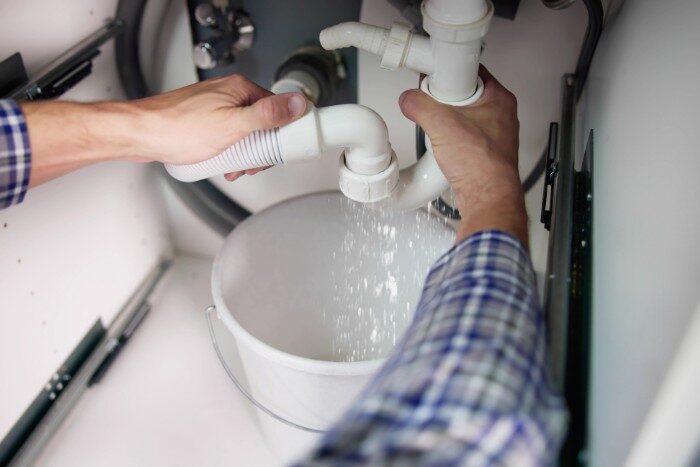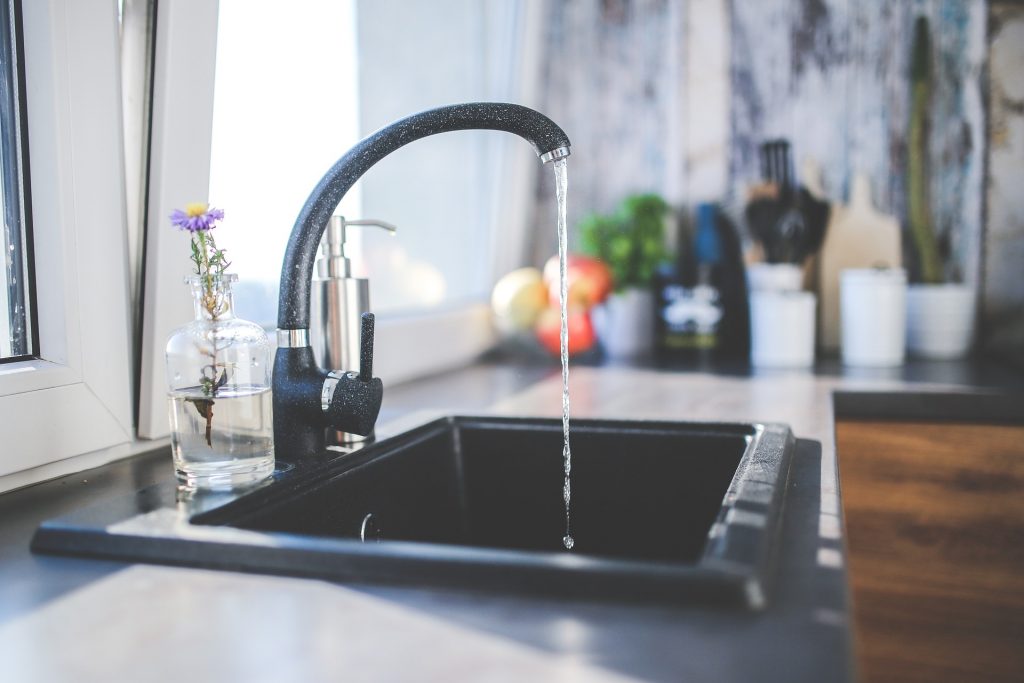
Smart Irrigation Systems: Revolutionizing Water Conservation in 2025
Share
In recent years, the advent of smart irrigation systems has transformed the landscape of water conservation and agricultural practices. As we step into 2025, these systems have become pivotal in addressing water scarcity and enhancing agricultural efficiency. For tech professionals and enthusiasts, understanding the intricacies of these systems can be both intellectually stimulating and practically rewarding.
The implementation of smart irrigation systems not only optimizes water usage but also integrates cutting-edge technology to monitor and manage irrigation processes. This article delves into the nuances of these systems, exploring their benefits, technology, and future prospects.

The Technology Behind Smart Irrigation Systems
At the core of smart irrigation systems lies the integration of Internet of Things (IoT) technology. These systems utilize sensors, weather data, and soil moisture detectors to regulate water distribution effectively. By collecting real-time data, they ensure that plants receive the right amount of water at the right time, thereby reducing wastage and promoting optimal growth.
For tech enthusiasts, the allure of smart irrigation systems is in their ability to combine software algorithms with hardware components. This synergy creates an automated environment that intelligently adjusts watering schedules based on environmental conditions. For instance, if a forecast predicts rain, the system can automatically delay irrigation, conserving water resources.
Benefits of Implementing Smart Irrigation Systems
The benefits of smart irrigation systems are manifold. Firstly, they contribute significantly to water conservation efforts. By delivering water precisely where and when it's needed, these systems minimize runoff and evaporation, leading to substantial water savings.
Furthermore, the adoption of smart irrigation systems can result in significant cost savings for users. Reduced water usage translates to lower utility bills, and the optimized watering schedules enhance plant health, reducing the need for expensive fertilizers and pesticides. For more insights on water conservation, you might find this external resource helpful.
Moreover, these systems offer unparalleled convenience. With remote access features, users can manage and monitor their irrigation systems from anywhere, using smartphones or computers. This level of control is a game-changer for tech-savvy individuals who appreciate the intersection of technology and agriculture.
Challenges and Considerations
Despite their advantages, there are challenges associated with the deployment of smart irrigation systems. The initial cost of installation can be high, which may deter some users. However, it's essential to view this as a long-term investment that pays off in reduced water bills and increased crop yields.
Another consideration is the need for reliable internet connectivity. Since these systems rely on IoT technology, a stable internet connection is crucial for real-time data transmission and system management. For those in rural or underserved areas, this could be a potential barrier.
The Future of Smart Irrigation Systems
Looking ahead, the future of smart irrigation systems is promising. As technology advances, we can expect even more sophisticated systems that incorporate artificial intelligence and machine learning. These advancements will enable systems to learn from historical data and make predictive adjustments to irrigation schedules, further enhancing efficiency and sustainability.
In addition, the integration of renewable energy sources, such as solar power, could make these systems more sustainable and accessible to a broader audience. As the global focus on environmental conservation intensifies, smart irrigation systems are poised to play a pivotal role in sustainable agriculture.
Conclusion: Embracing Smart Irrigation Systems in Modern Agriculture
For tech professionals and enthusiasts, the rise of smart irrigation systems represents an exciting frontier in the intersection of technology and environmental sustainability. By embracing these systems, we can work towards a future where water resources are used more efficiently, agricultural productivity is maximized, and our environmental footprint is minimized.
As you explore the potential of smart irrigation systems, consider how they can be integrated into broader water conservation efforts in your community or organization. For additional insights, consider reading about drought water management and water efficiency in buildings.

FAQs
What are smart irrigation systems?
Smart irrigation systems are advanced irrigation solutions that use technology such as IoT, sensors, and weather data to optimize water usage in agricultural or landscaping settings.
How do smart irrigation systems save water?
These systems analyze real-time environmental data to deliver precise amounts of water where and when it's needed, reducing waste from over-watering and evaporation.
Are smart irrigation systems cost-effective?
While the initial setup cost can be high, the long-term savings in water bills and improved crop yields make them a cost-effective solution for many users.
